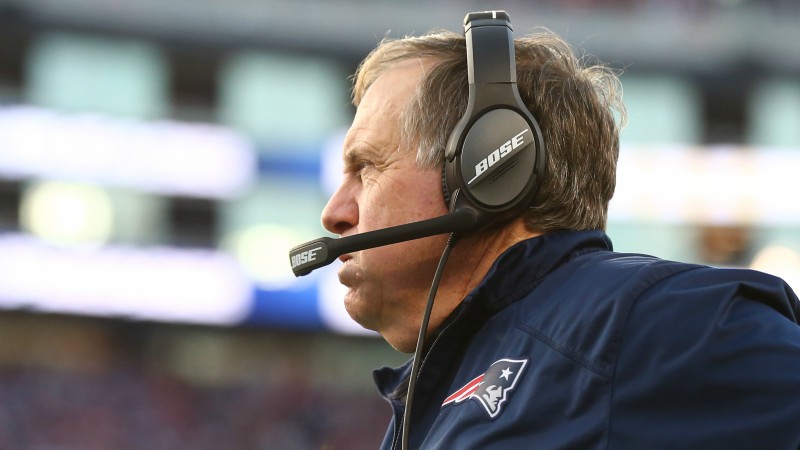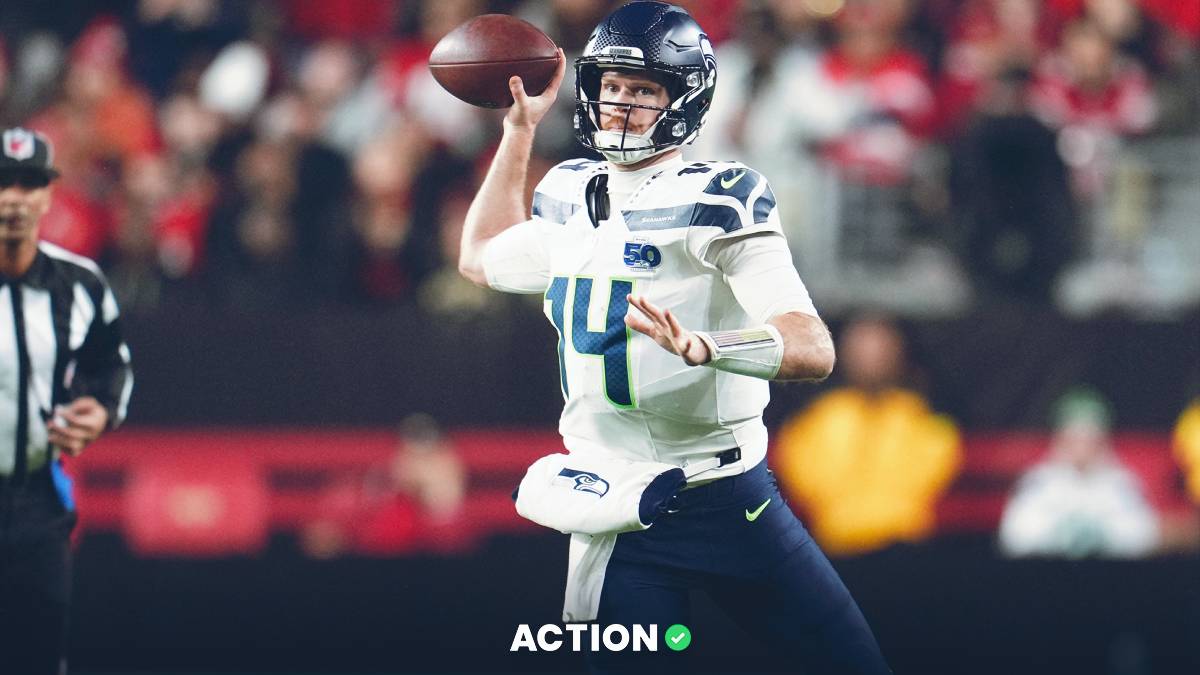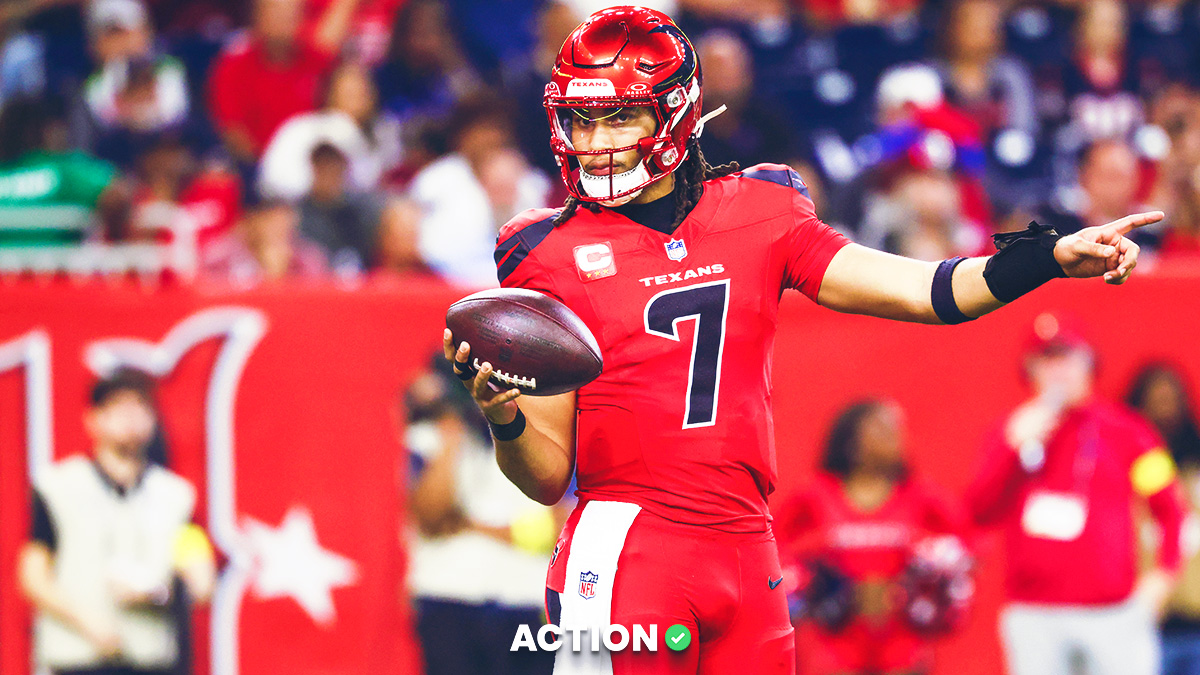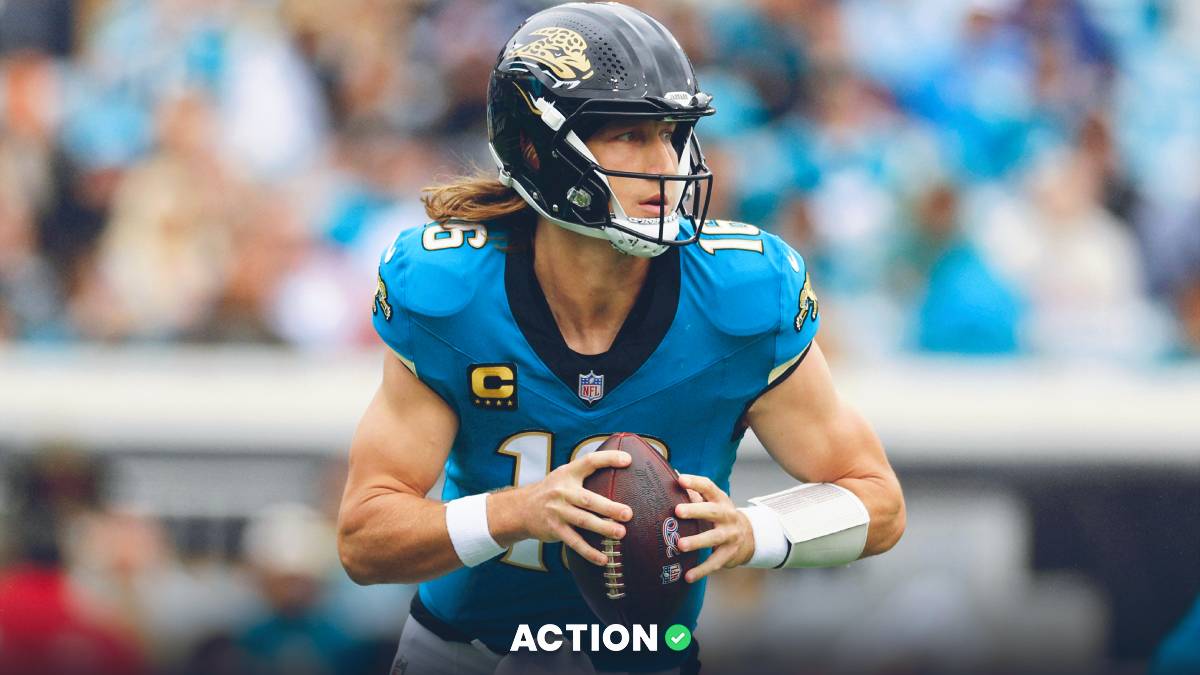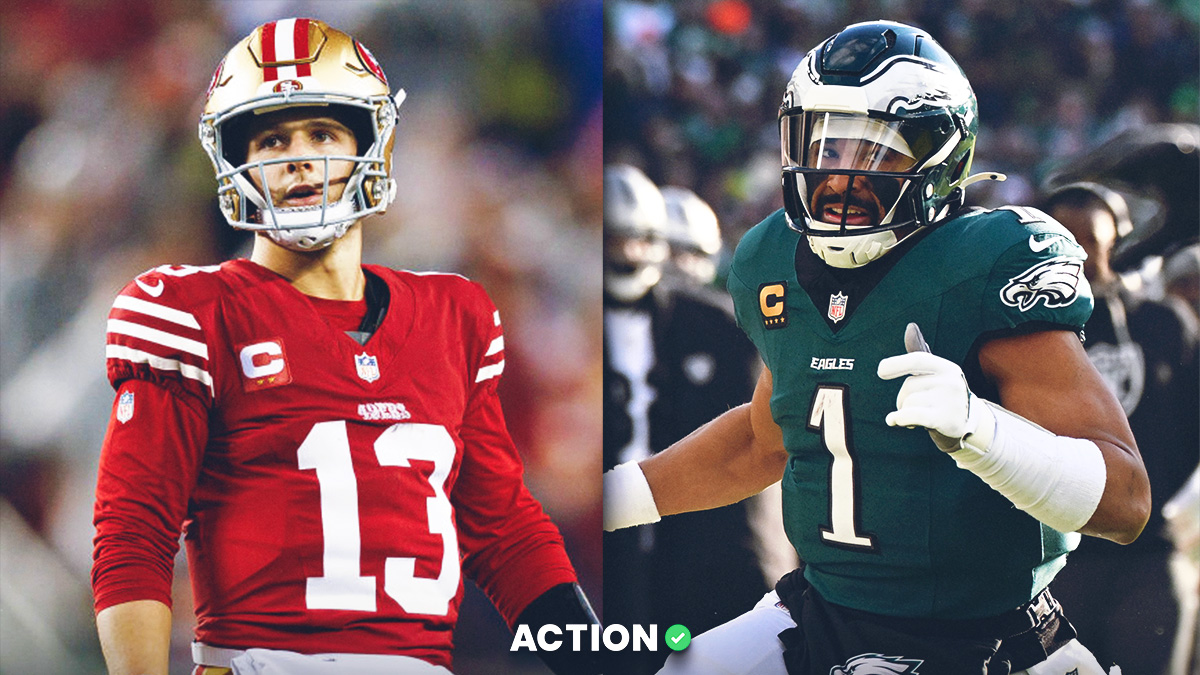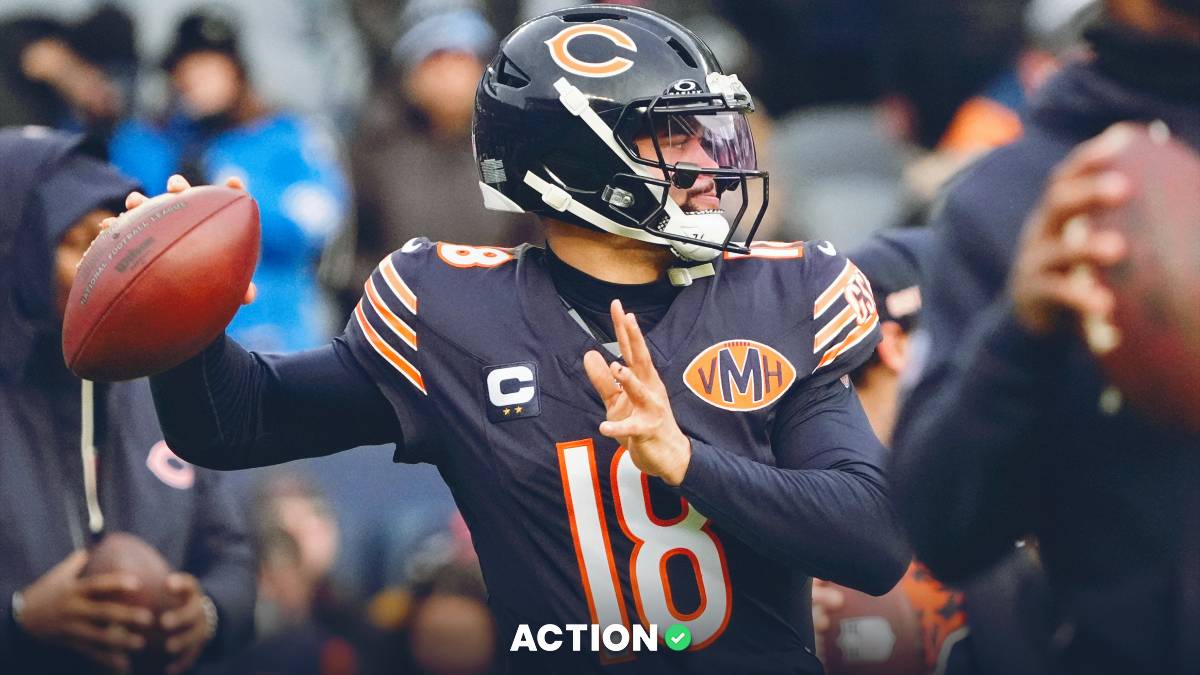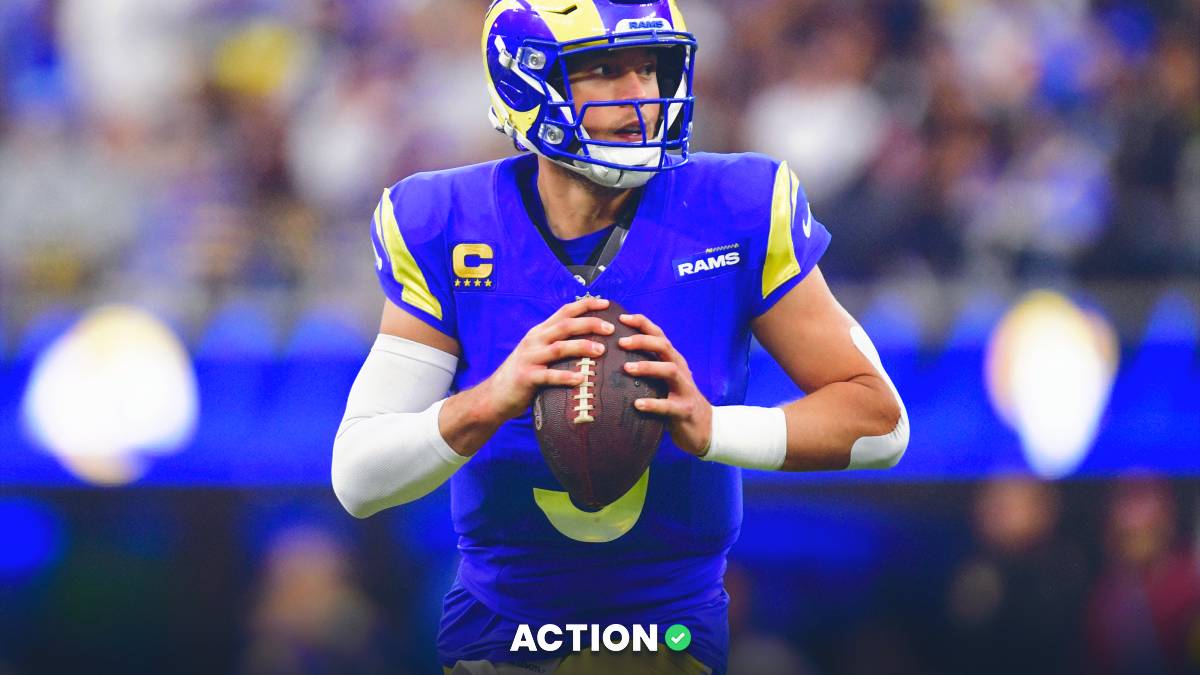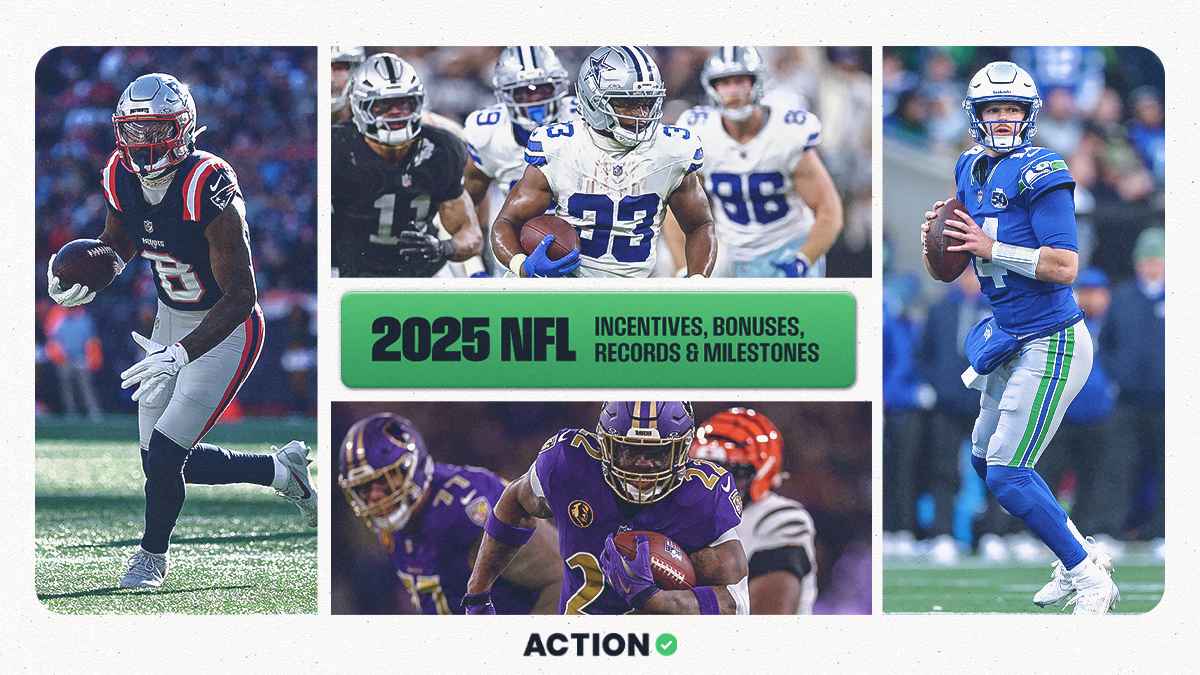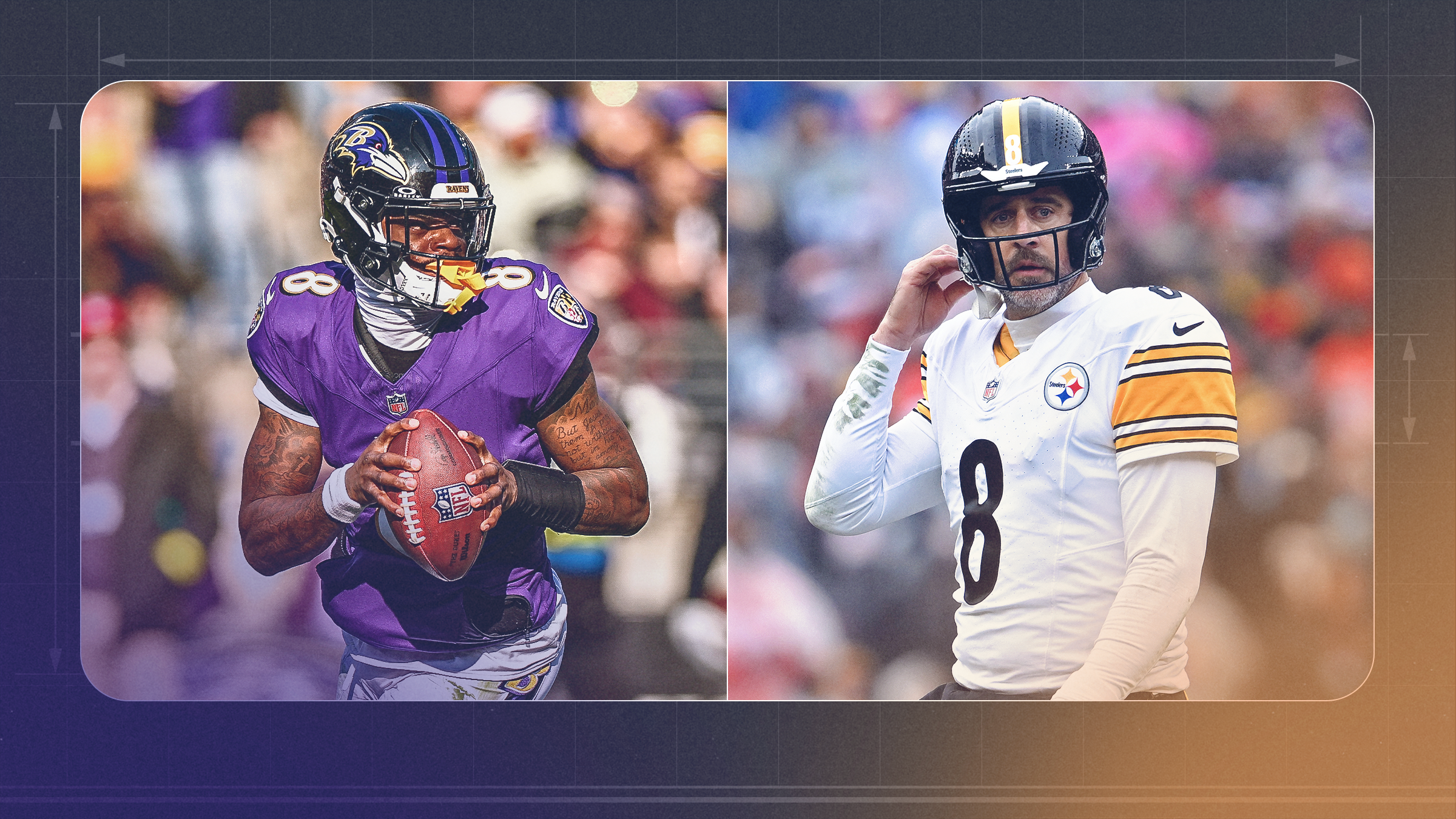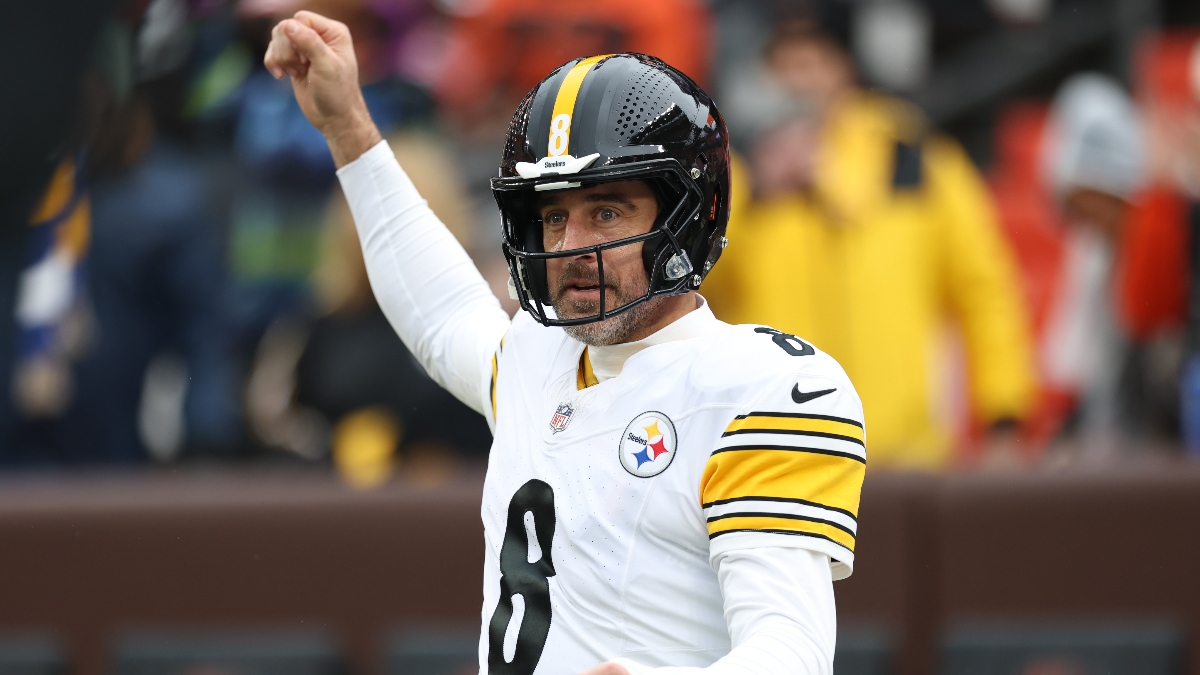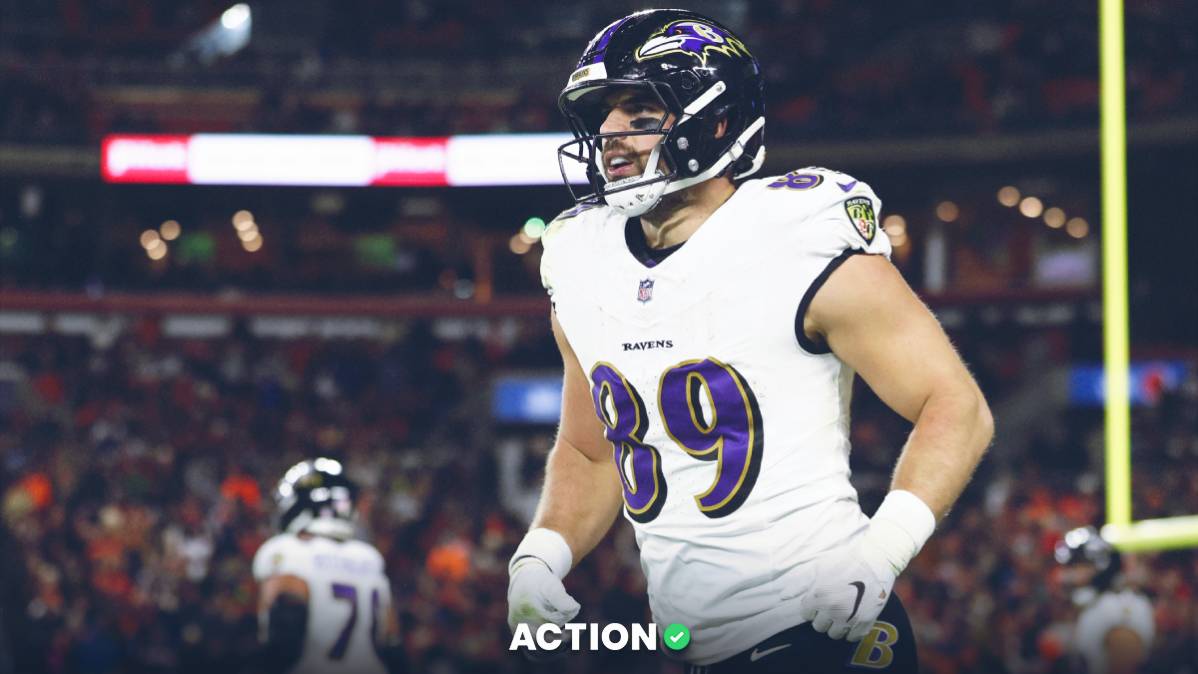For the eighth time in his 16 seasons as the starting quarterback of the New England Patriots, Tom Brady is going to the Super Bowl. But for the first time since the Patriots' 18-0 team was nearly two-TD faves against the Giants, the public is lining up to bet against him in the Super Bowl. Even though the Pats opened as -6.0 favorites, the spread has been bet down to -4.5. The public normally prefers favorites, especially the Pats, but 59 percent of the spread and 65 percent of the moneyline tickets are on the Philadelphia Eagles.
There are some good reasons to like the Eagles: They have exceeded their Vegas expectations with backup quarterback Nick Foles almost as much as with Pro Bowl QB Carson Wentz. On top of that, they have an underappreciated passing edge against the Pats, who have allowed the NFL's third-highest percentage of opponent points through the air.
Nevertheless, there is still a significant portion of the betting market backing the Pats. Why? Because they're the Pats. They have Brady and head coach Bill Belichick, who should be able to create a winning game plan, especially with an extra week to prepare — or so the logic goes.
And so the question arises: What happens when the Patriots have multiple weeks to prepare for a game?
Answer: The Pats Underperform
Shockingly, in the Belichick era the Pats underperform when they have multiple weeks to prepare. And they underperform in a very particular way. They don't underperform relative to the rest of the NFL: They are 41-14 with a 74.5 win percentage with multiple weeks. And they also don't underperform relative to themselves — at least not by much: With Belichick at the helm, the Pats overall are 241-83 (including playoffs) for a 74.4 win percentage.
If we focus only on Brady's starts (minus his injury-shortened Week 1 outing in 2008), the Pats are 39-10 (79.6 win percentage) with multiple weeks and 222-64 (77.6 win percentage) in general. At a glance, the Pats generally seem to be the same team whether they have multiple weeks to prep or just one week.
But that's not the case: They underperform their Vegas expectations. Overall, Belichick's Pats are 188-129-7 against the spread (58.0 percent win rate). With Brady, they are 169-110-7 ATS (59.1 percent). Basically, if you had just blindly bet the Pats since 2000, you'd be doing better than most sports bettors. But with multiple weeks to prepare, the Pats are 25-26-4 ATS and specifically 23-22-4 in Brady's starts.
With more time to prepare and rest, the Pats are an average ATS team. Why is that? The simple answer is that the market has traditionally overvalued the importance of the extra time. Perhaps the true genius of Belichick is that he doesn't need an extra week to be at his best — which means that his preparatory edge doesn't scale across time the way the market would expect it to.
There's also another possibility.
Opponents Have Multiple Weeks to Prepare for the Pats
Of the 55 games the Pats have played with multiple weeks to prepare — including Week 1 outings, regular season and postseason games off of a bye, and Super Bowls — 27 of them have come against teams that also had multiple weeks to prepare. While the Pats outperformed the spread by 1.72 points across the total sample, in the 27 games against teams with at least two weeks to prep they have a -1.24 Spread Differential (and an 11-14-2 ATS record).
We see similar numbers in Brady's games: The Pats have a +1.96 Spread Differential when they've had multiple weeks to prep and their opponents haven't. When both teams have had multiple weeks, Brady's Pats have underperformed the spread by -1.35 points, posting a 10-11-2 ATS record.
And what about the six Super Bowls for which the Pats have had multiple weeks to prep (they had only one week for Super Bowl 36)? The Pats went 2-4 ATS with a -3.92 Spread Differential, underperforming their implied totals by 2.63 points and allowing opponents to outperform their totals by 1.29 points. As good as Belichick is, when he has faced an elite team with two weeks to prepare, the Pats haven't been as good as expected. It's worth remembering that although the Pats are just a couple improbable plays away from having seven Super Bowl wins, they're also several more plays away from having no Super Bowl victories.
What Does This Mean for Super Bowl 52?
At a minimum, there's nothing to suggest that the extra week gives the Pats some sort of edge. If anything, the numbers indicate that the extra time might benefit the Eagles. It's up to you to decide whether you think the data and sample are representative and predictive. The important thing is that you don't blindly assume that Belichick's team is the only one capable of leveraging multiple weeks of rest and prep in this matchup.
To be clear: There are reasons to believe the Pats could cover. They are facing a quarterback who just two years ago wasn't good enough to start for a Jeff Fisher-coached team. On top of that, the Eagles are without a number of crucial starters (in addition to Wentz), and Patriots tight end Rob Gronkowski (concussion) seems likely to play. There are legit reasons to invest in the Pats — but the extra week of prep probably isn't one of them.
——
Matthew Freedman is the Editor-in-Chief of FantasyLabs. He has a dog and sometimes a British accent. In Cedar Rapids, Iowa, he’s known only as The Labyrinthian.
Photo Credit: Mark J. Rebilas-USA TODAY Sports


